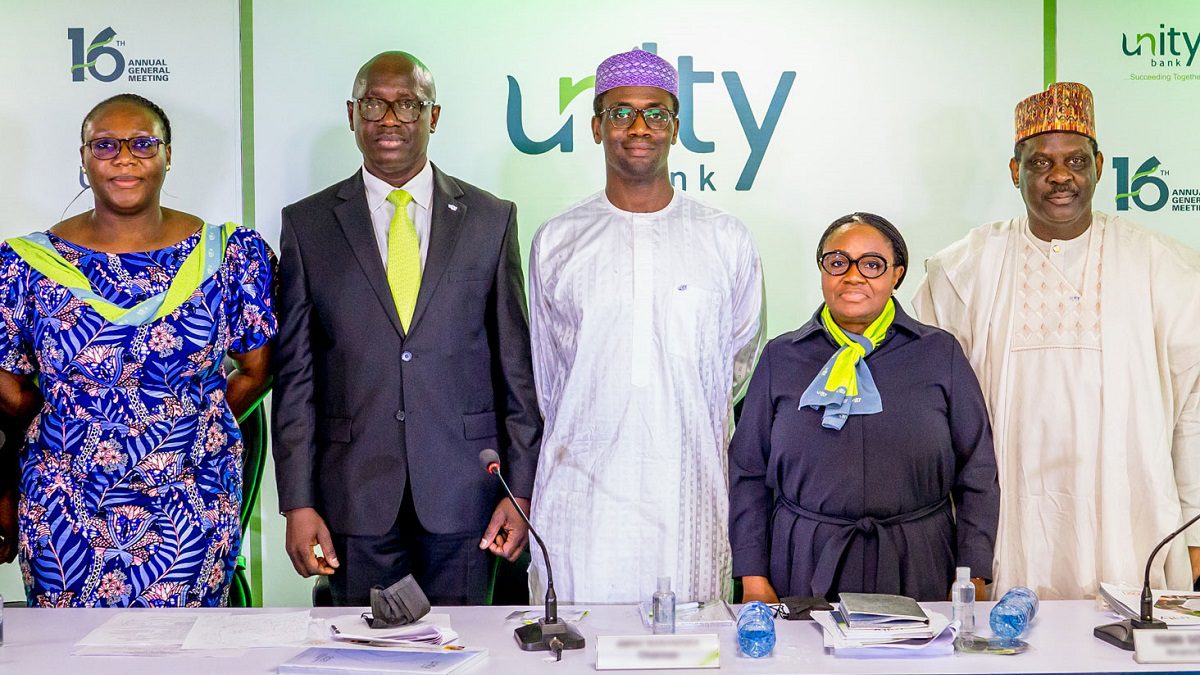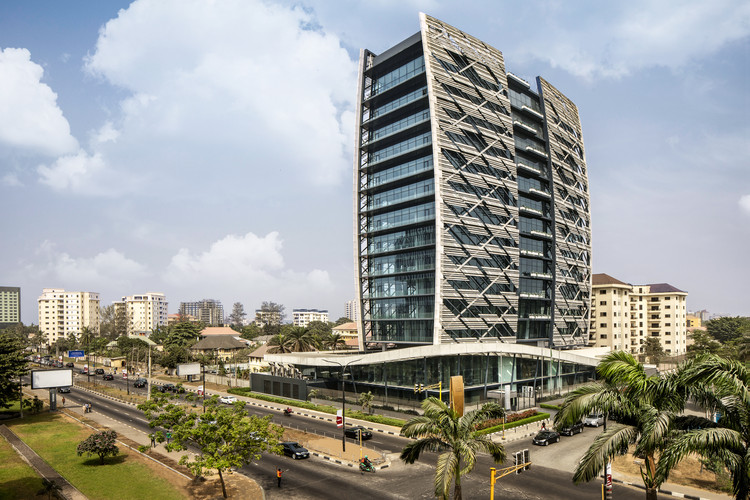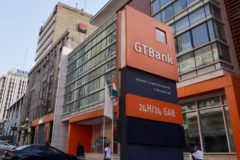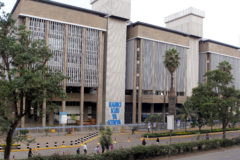On paper, everything seems well at Unity Bank, but a worrying note from independent auditors, KPMG, on the financial health of Unity Bank should bother investors.
A note from independent auditors, KPMG, has raised questions over the financial health of Nigeria’s Unity Bank. These questions became pertinent after the lender’s total liabilities exceeded its total assets by ₦274.9 billion for the full-year ended December 31, 2022.
Per its financial statements, the bank recorded total assets of ₦510 billion in full-year 2022, compared to ₦538 billion in 2021. On the part of its total liabilities, the bank recorded ₦785 billion in 2022, as against ₦815 billion recorded in 2021. Analysts from KPMG wrote a note regarding this situation in its books, highlighted it as a “growing concern.”
“We draw attention to Note 35 of the financial statements, which indicates that the bank made a profit of ₦941.4million for the year ended 31 December 2022. As at same date, the bank’s total liabilities exceeded its total assets by ₦274.9billion and the bank did not meet the required minimum Capital Adequacy Ratio (CAR) of 10% and the minimum capital requirement of ₦25.00 billion for a national bank as required by the Central Bank of Nigeria (CBN). As stated in Note 35, these events or conditions, along with other matters as set forth in Note 35, indicate that a material uncertainty exists that may cast significant doubt about the bank’s ability to continue as a going concern,” the note in the financials read.
What Unity Bank’s 2022 financials say
For the year 2022, the bank’s interest income grew by 13% to ₦48.9 billion in 2022 from ₦43.1 billion in 2021 but its profit after tax (PAT) fell by 70% to ₦941.3 million in 2022. Directors of the bank admitted in their notes to the financial statements that the bank is nearing a recapitalisation and there is uncertainty regarding the process. Nonetheless, they said that they have reached an advanced stage with both local and multinational investors in the fund mobilisation for the bank.
“The directors are confident that they would be able to recapitalise the bank upon the upturn of economic activities within the next one year. Based on this, the directors have a reasonable expectation that the bank will continue in operational existence for the foreseeable future and as such realise its assets and settle its liabilities in the normal course of business,” the notes to its 2022 financial statement read.
Managing Director, Unity Bank Plc, Mrs Tomi Somefun in a quote attributed to her said the bank is trying to build momentum while reflecting key performance indicators despite economic headwinds and volatilities that characterized the operating environment in the 2022 financial year. “There are highs and lows as we look at the gross earnings, with 13.7% growth, increase in liquid assets by 7.5% and deposits recording moderate growth of 1.6%, while maintaining steady growth in profitability,” the statement said.
More worries in Q1 2023 results
Despite those unimpressive 2022 results, the bank managed to make a comeback in its first quarter 2023 results. It recorded ₦1.04 billion profit in the first quarter of 2023, compared to ₦869.2 million in the corresponding period of 2022. Its gross income went up by 17% to ₦15.9 billion in Q1 2023.
Despite these improvements, its total liabilities still surpass its total assets in Q1 2023, sustaining the questions over the bank’s financial health. The bank recorded total assets of ₦440 billion in Q1 2023, as against ₦510 billion in the corresponding period of 2022. Also, it recorded ₦580 billion as total liabilities in the first quarter of 2023, as compared to ₦785 billion recorded in Q1 2022.
However, it forecast a profit after tax of ₦230 million for the second quarter of 2023 and gross earnings of ₦23.4 billion for the same period. In 2020, TechCabal reported that Unity Bank alongside TeamApt and Access Bank were victims of a data hack, which they all refused to admit.
High interest rate, inflation worry bank’s financial health
Unity Bank blamed the Nigerian business environment for some of the circumstances surrounding the bank, its head, external communications and media relations, Jonah Nwokpoku told TechCabal. “Last year was the first time the bank’s profit dropped. It is not that we are not making profit, it is just that it is not as good as it was in the previous year. Things change in an economy— The operating environment are not always the same and companies don’t come out of them the same way. These things affect profitability. If you look at the Nigerian economy and the continuous rise in interest rates, you realise the rising interest rates keeps customers away from creditors. You are dealing with a high inflationary environment and inconsistency in government policies that affect the economy generally. These issues affect the profitability of the bank,” he explained.
What do you think about our stories? Tell us how you feel by taking this quick 3-minute survey.





















